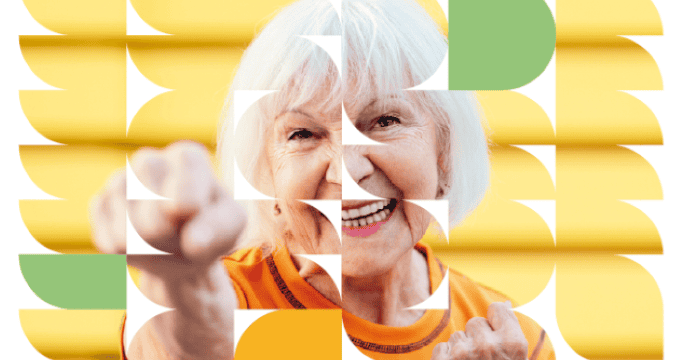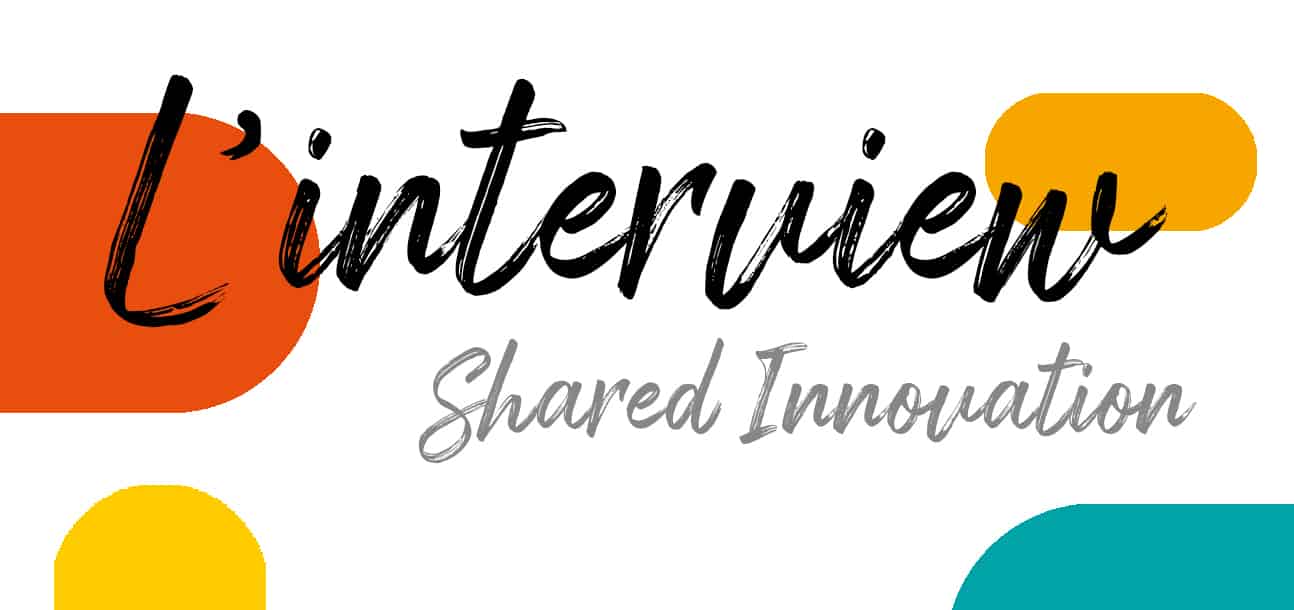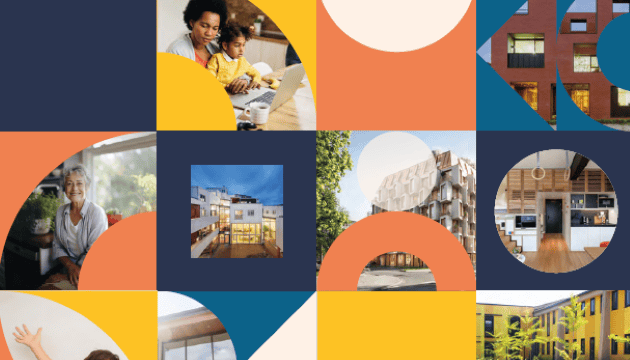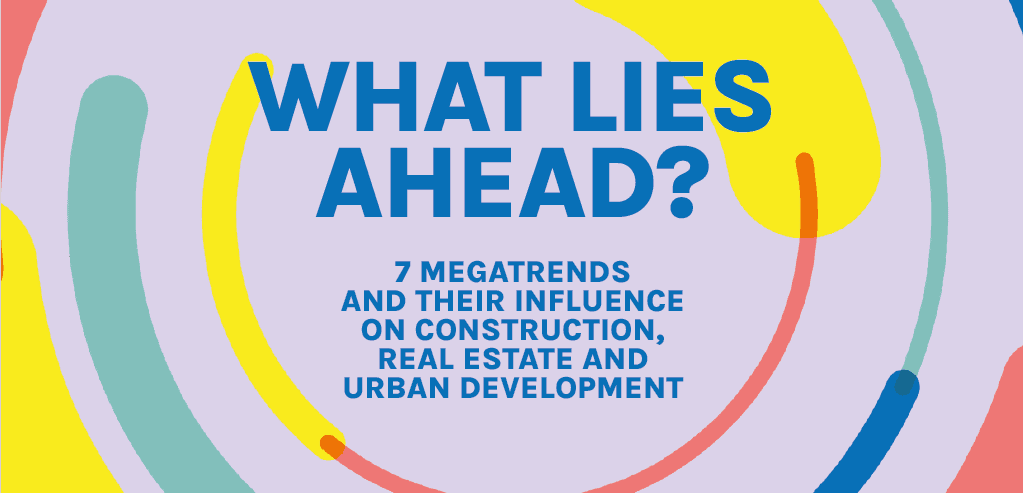
Interview of the month: Christophe Lienard
5 minutes of reading
Christophe Lienard, Group Director of Innovation at Bouygues SA, introduces us to E-Lab, digital innovation centre and player in transformation.

Why was E-Lab created and what role does it play?
E-Lab is an internal services company that combines a wide range of expertise: design, electronics, Information Technology, industrialisation, etc., which makes it possible to offer guidance on transforming business models, digitisation or making changes to internal processes at different entities in the Bouygues Group. The necessity to transform our professions to improve performance is now well established in the Group. Some changes, which are essential, are particularly complex to carry out and especially to deploy operationally. They involve particularly: the emergence of products or services that break with our current offerings, and that may interface with our business lines or be connected to our current activities. These transformations also mean changing our management methods. The E-lab is there to guide the entities through these challenges.What methods does the E-Lab use and what does it offer in real terms?
E-Lab’s value proposition is to carry out transformation with the team, in an agile customer-focused manner. E-Lab’s pragmatic and practical offer for the Group’s business lines is based on some constants: • Working with what is already in place to avoid going back to the drawing board. The breakthrough subjects that we have been assigned have always been addressed in the past (by the Group or externally). Initially, this means using this knowledge as a starting point. • Using collective intelligence and functional complementarity. We know that an individual is less effective at resolving a problem than a team. We have noted that a team with a wide skill-set is even better than a team of homogeneous people, whereas in our large companies, teams are often single speciality and work in silos to apply and improve existing processes. The business solution is therefore always created and implemented by a multi-disciplinary “project tribe” (including representatives from external customers and/or partners). • Taking inspiration from methods that have proven their effectiveness in the new economy. We note that breakthrough solutions that have shaken up the market or changed society use well-known business tools that are not very compatible with the current operation of large companies: Design-Thinking, Business Model Canvas, C/K Approach or Minimum Viable Product (MVP). E-Lab is trained in these methods and applies them to its assignments. • Setting a target date and transforming immediately and iteratively. We note that the transformations that can be achieved are very different (business targets, technologies implemented, etc.) depending on the target deadline. We therefore set a target date for transformation from the start of the project (from experience 2 to 3 years). Implementation starts with a Minimum Viable Product (MVP) prototype of functions tested on end users and then enriched using their feedback. We then work through continuous improvement until the target date. The business transformation assignments use tools from start-ups that have proven to be compatible with our ways of working and are sources of value creation in many contexts and business applications, which we also apply in our intrapreneurial programme “innovating like a start-up”. It seems to be useful to continue to guide business lines to get them involved and help them in their transformation.For example, what are the major projects that E-Lab has carried out in recent years in the different entities?
Over the last three years we have helped several business lines in their transformations. For example, Alstom for the digitisation of their businesses, or Colas for restructuring coating stations at an international level, the digital worksite or even moving the infrastructure to mobility services. We have also guided Bouygues Construction in areas such as construction costs, new urban mobilities, or more specifically for the Imagine 2021 transformation plan for Bouygues Bâtiment Nord-Est. The Lilium offer, a positive media offer for TF1, was also assisted by E-Lab. These assignments are centred around two phases that follow on seamlessly: the emergence of high impact business solutions, that break away from current practices then the operational implementation of the solution in agile mode. Many operational projects arose from these assignments: the creation of Colas Mobility and the contribution to modular construction at Bouygues Construction. As well as economic performance, the offers aim to improve satisfaction for customers, users and employees.E-Lab has also got involved in open innovation and is in a partnership with Minatec Ideas Laboratory from the CEA (Atomic Energy Commission) in Grenoble; what does this partnership involve and what subjects are you working on?
Since it was created in 2001, E-Lab Bouygues has been a partner of the Ideas Laboratory® open lab, which is the only one of its kind in the French ecosystem and is hosted by the CEA in Grenoble. It is a place and an approach involving diverse stakeholders with a view to changing how we innovate and create by using open, collaborative, and iterative processes to arrive at concrete results, which may be physical or virtual. With Ideas Laboratory, Bouygues has particularly contributed to overall consideration of the Internet of Things, which has become a major subject for our society: wide distribution of process monitoring sensors in companies, the increase of connected objects in everyday life for people (sport, home and health), etc. One of the projects at this open lab uses digitisation to improve safety for professionals on worksites, the quality of the work and the efficiency of operators. Bouygues is therefore taking the first steps towards the Industry 4.0 ecosystem, “smart” worksites that can offer both greater adaptability and a more efficient allocation of resources. In real terms, based on the work carried out with Philippe Richard, R&D Division Manager “Ergonomics, Productivity & Worksite Equipment”, a connected sleeve is being studied. A hackathon has been launched to gather the best uses in the field. They will then be carried out by students from EPITA-EPITECH thanks to SPOT BOUYGUES. And an award will be presented for the best application at the Viva Technology Trade Fair in May.More reading
Read also




What lies ahead? 7 megatrends and their influence on construction, real estate and urban development
Article
20 minutes of reading

